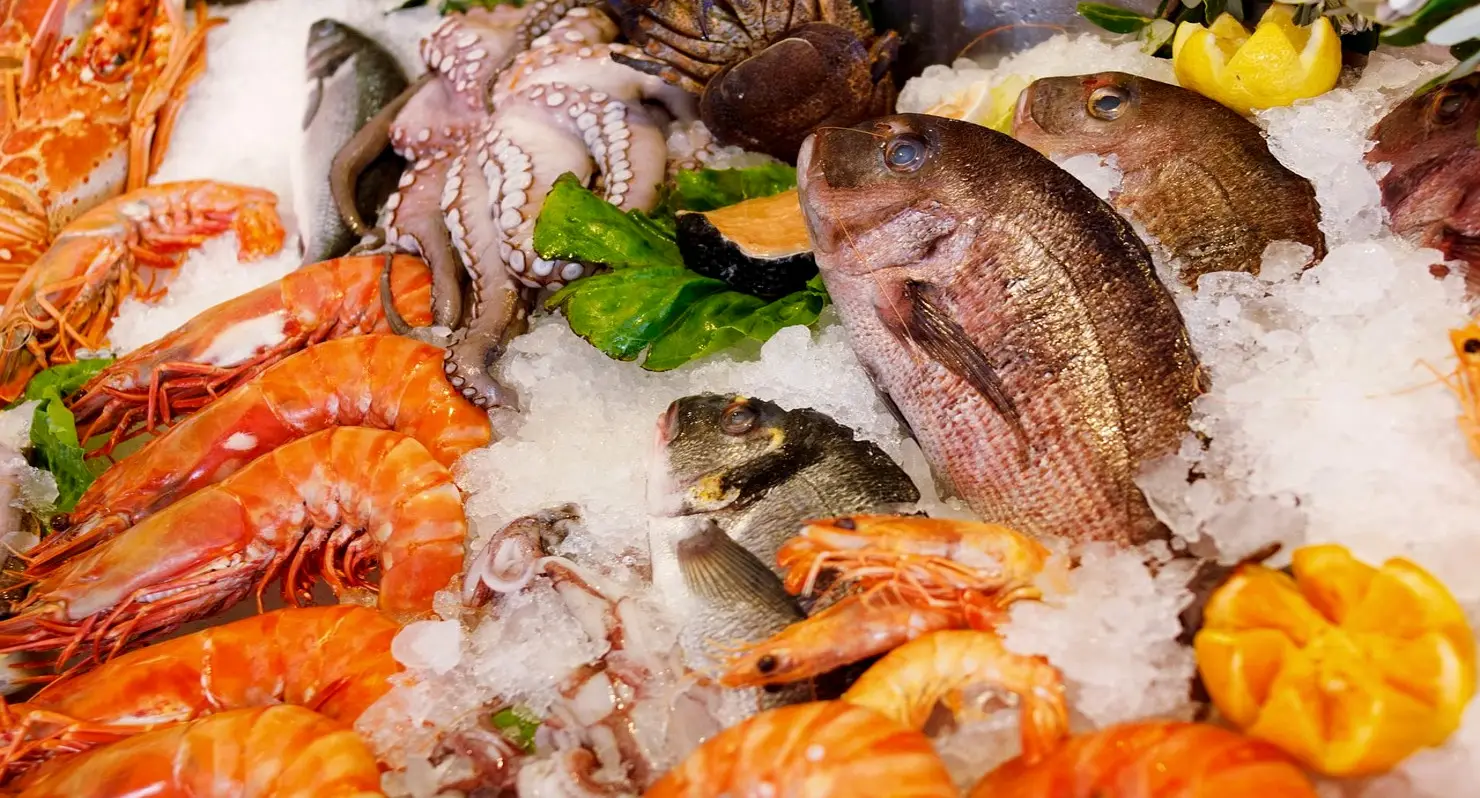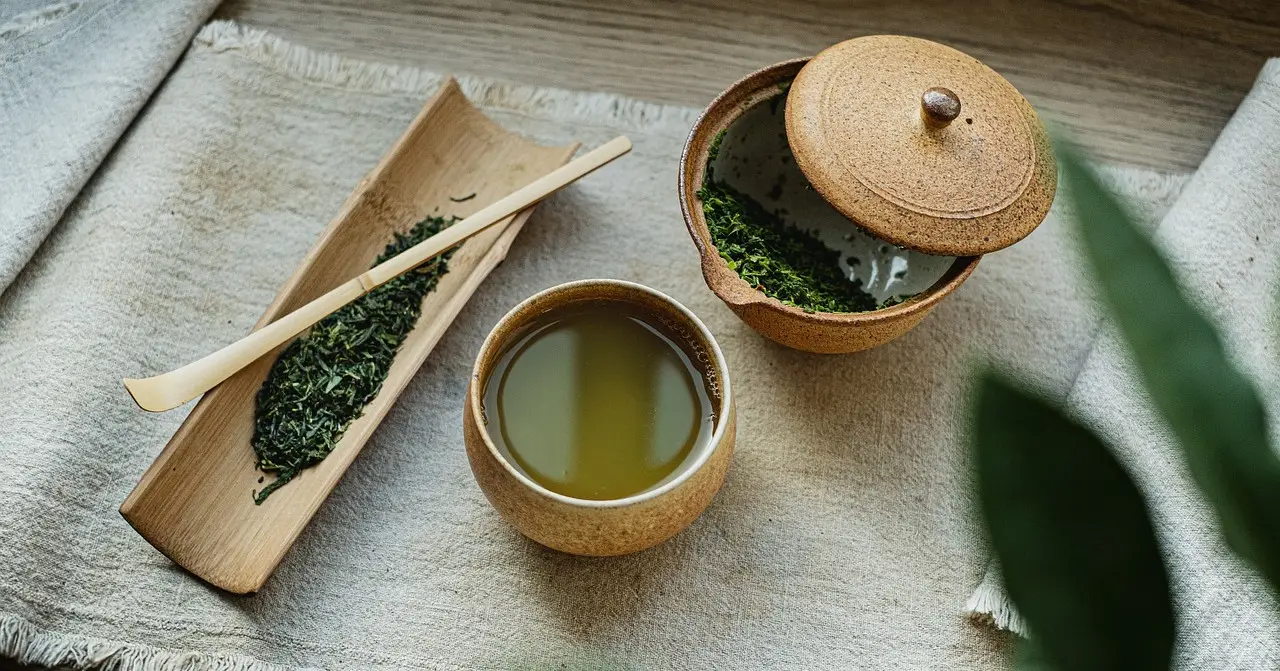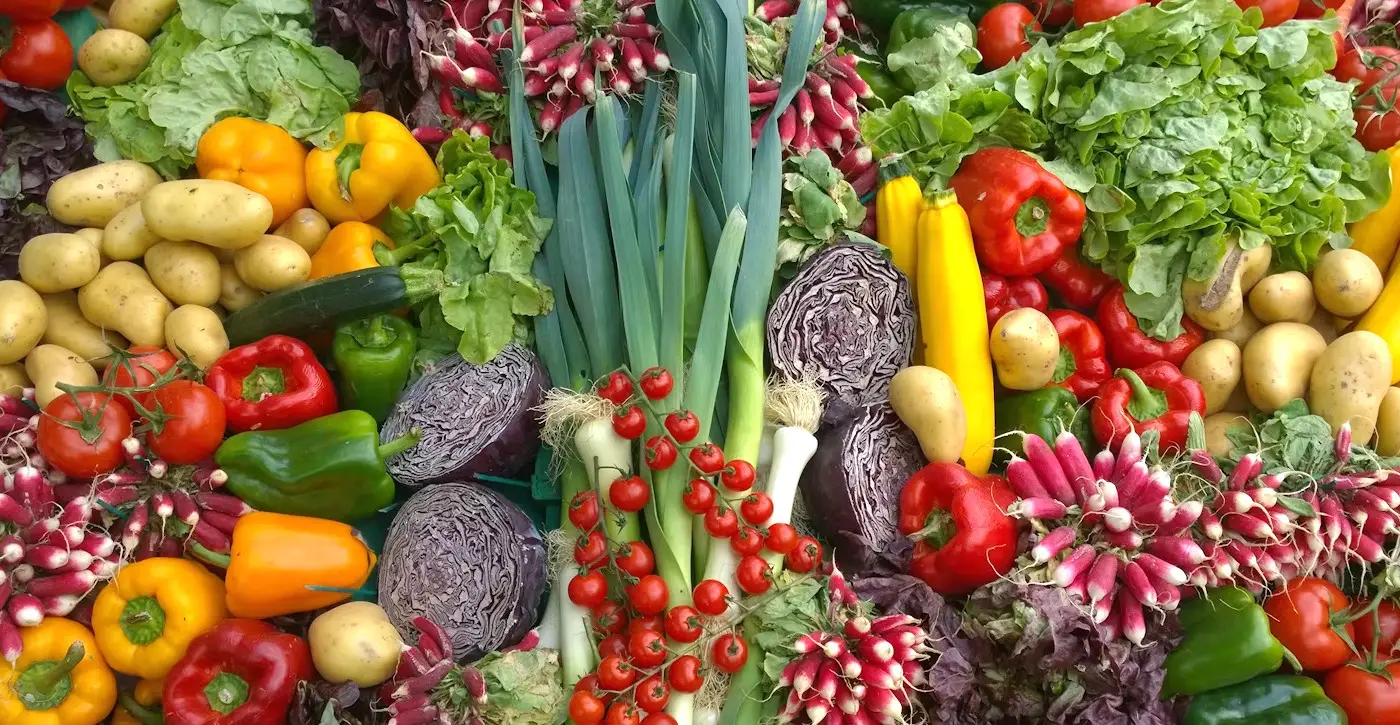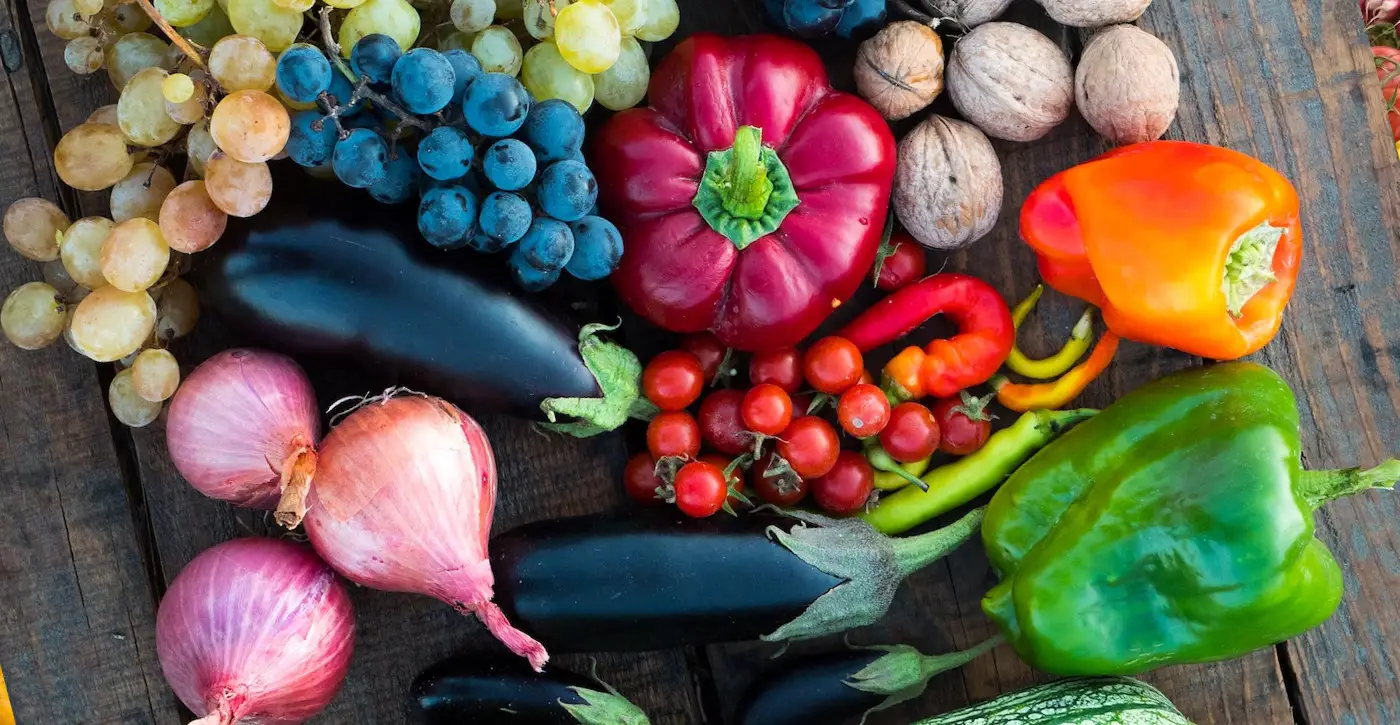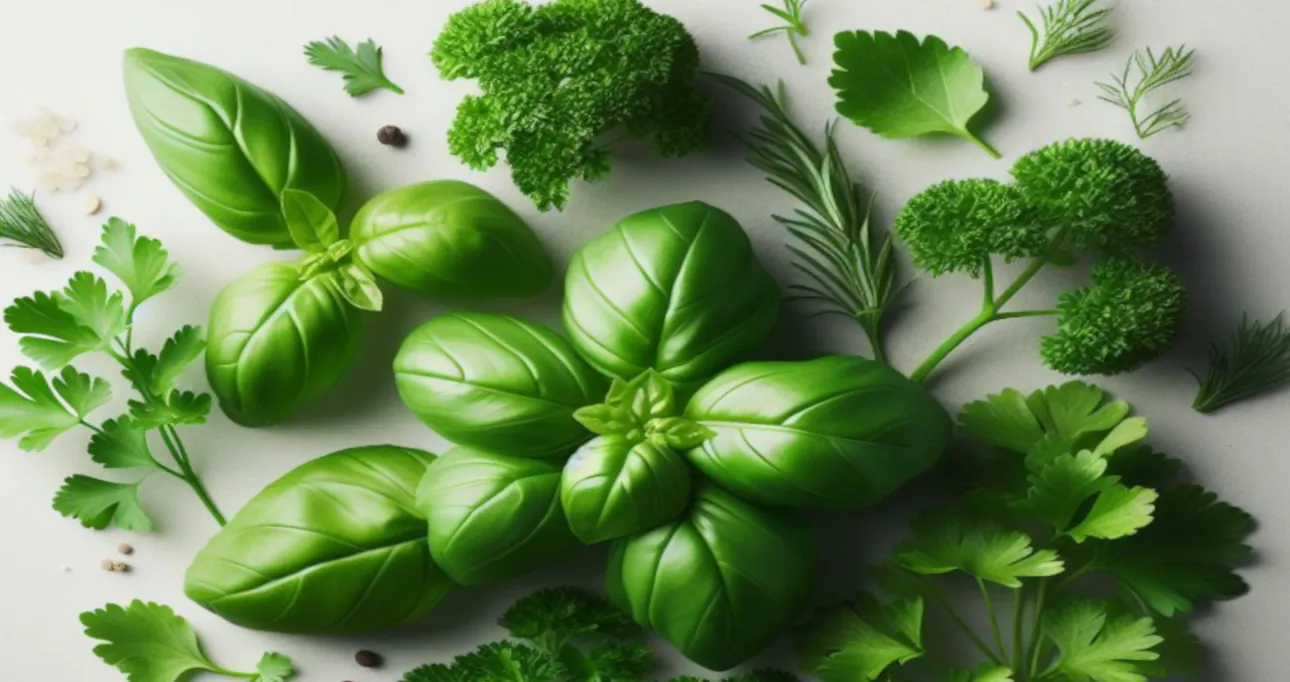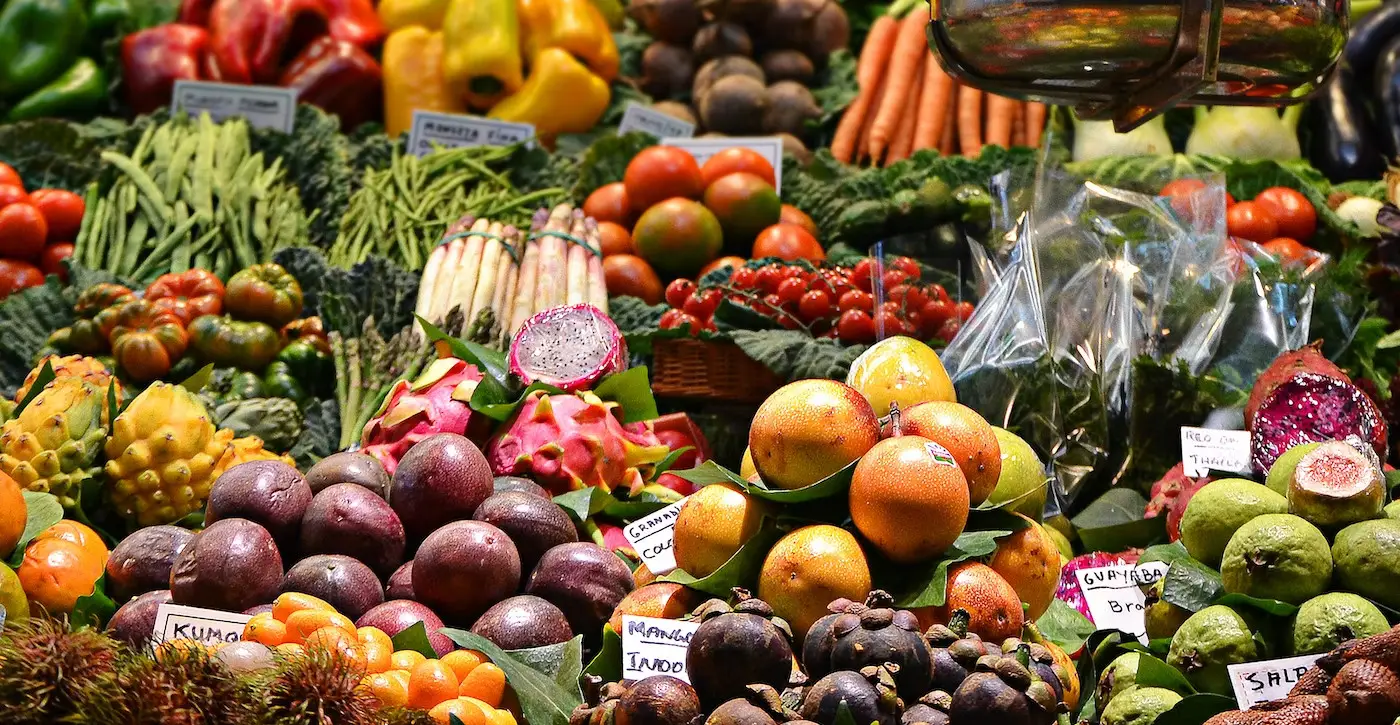Octopus Lysine and Arginine Info Sheet
Overview
Octopus is a type of mollusk that lives in various regions of the ocean.It is known for its eight arms, soft body, and bulbous head.
Octopus is a low-fat, high-protein food that’s rich in several key nutrients, including trace minerals like copper and selenium, and vitamin B12.
| Name | Lysine (mg/100g) | Arginine (mg/100g) | Ratio |
|---|---|---|---|
| Octopus | 2228mg | 2176mg | 1.024 |
Octopus contains 2228mg of Lysine and 2176mg of Arginine per 100g of product.
This means Octopus has a neutral Lysine-Arginine ratio of 1.024.
Because Octopus has a neutral ratio of lysine and arginine, it does not have a significant impact on people who suffer from herpes, as it does not affect the viral activity.
Lysine Considerations
Octopus is a good source of lysine, an essential amino acid that plays a key role in protein synthesis, hormone production, and the absorption of calcium.
It's one of the nine amino acids that the body can't produce, so it must be included in our diet.
Lysine has a variety of roles in the body, such as aiding in growth, healing, energy production, immune function, and the production of collagen.
Research indicates that lysine may have an impact on the herpes virus, which is responsible for cold sores and genital sores.
Taking lysine supplements or using lysine cream could potentially prevent or treat these infections by inhibitnig the amino acid arginine, which the virus requires for growth.
Arginine Considerations
Octopus is also a good source of arginine, an amino acid that is involved in several metabolic processes and is important for heart and immune system functions.
Arginine can promote your health and performance, such as lowering your blood pressure, healing your wounds, and boosting your exercise endurance.
Arginine can be made by your body or obtained from foods like meat, dairy, nuts, and soy.
Unfortunately, the herpes virus is known to "feed" on arginine, and having a diet higher in arginine than lysine may increase the occurrence and severity of cold sores and herpes outbreaks.
Lysine-Arginine Ratio
Octopus has a balanced lysine-arginine ratio, which means it provides a good balance of these two essential amino acids.
Eating octopus won't affect the overall lysine-arginine ratio in your diet and is unlikely to have an effect on herpes outbreaks.
Lysine and arginine are both amino acids that are involved in protein synthesis and other metabolic processes.
That said, they have opposite effects on the herpes simplex virus, which causes cold sores and genital herpes.
Lysine can slow down the replication of the virus, while arginine can stimulate it.
Because of this, eating foods that have a high lysine-arginine ratio may help reduce the frequency and severity of herpes outbreaks.
Some examples of foods that have a high lysine-arginine ratio are dairy products, fish, poultry, fruits, and vegetables.
These foods can provide the body with enough lysine to block the uptake of arginine by the virus, and thus prevent its growth and spread.
Dietary Considerations
Like most animal products, seafood is high in lysine and scarce in arginine.
Eating seafood can help improve the immune system and fight off herpes infections.
Seafood also contains iodine, selenium, and zinc, which are essential for thyroid function and skin health.
Oysters, shrimp, and snails are some of the seafood that have the highest lysine to arginine ratio.
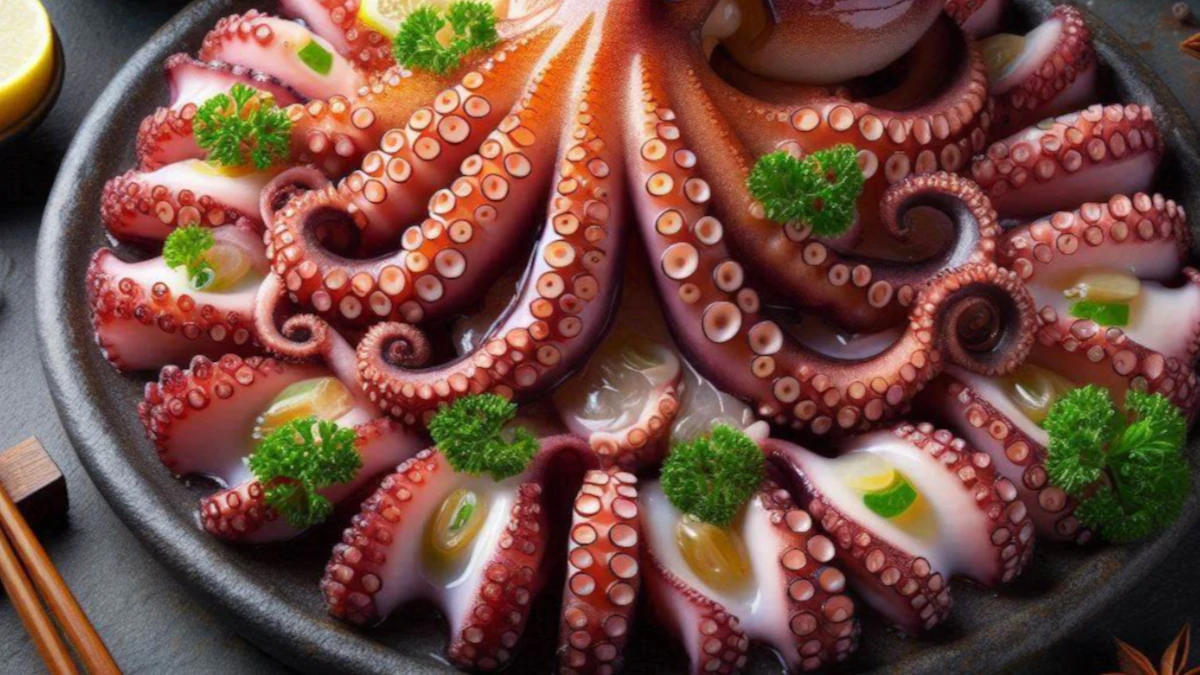
For instance:
A diverse and nutritious diet that supports your immune system and fights inflammation is essential.
This means you should eat lots of fruits, vegetables, whole grains, lean protein, and healthy fats, and steer clear of processed foods, added sugars, alcohol, and caffeine, which can harm your health.
You may want to take l-lysine supplements.
L-lysine is known to prevent herpes outbreaks and it can help stop a cold sore in its initial stages by "starving" the virus of arginine before it has a chance to cause a cold sore.
Other food supplements, such as vitamin C, zinc, selenium, and antioxidants, can help you boost your immunity and protect your cells from oxidative stress.
Check more food information
